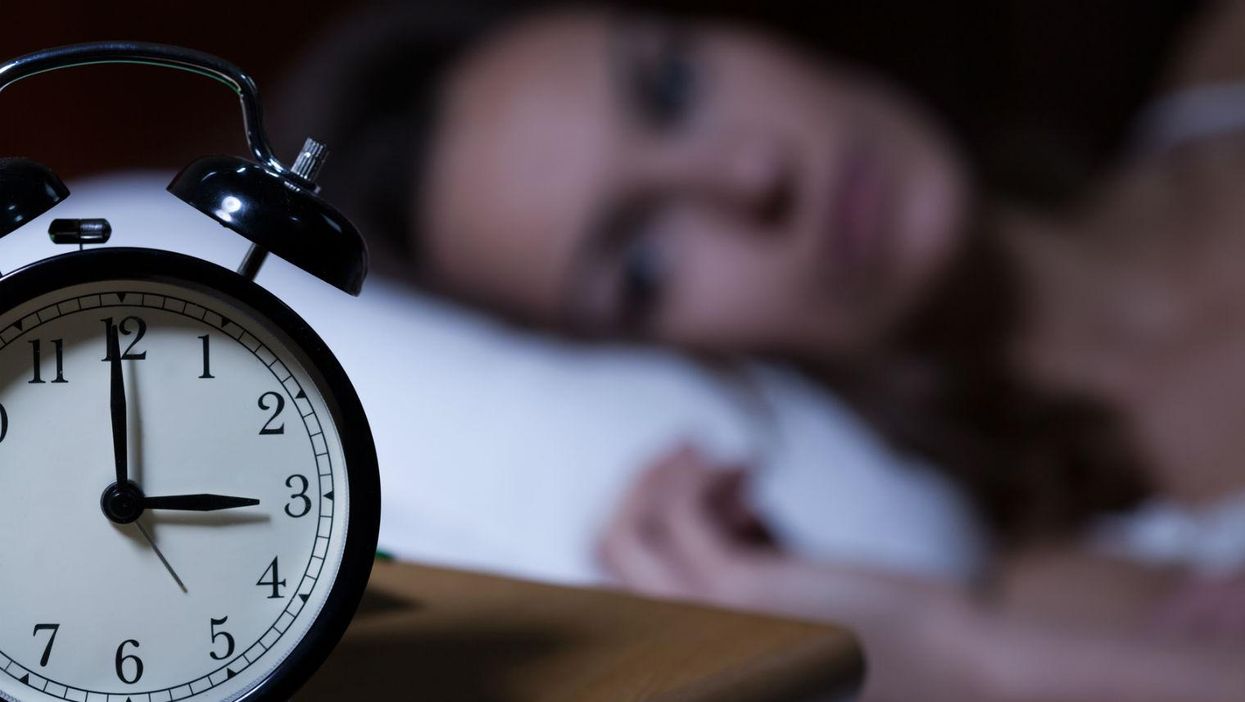Viral
Joe Vesey-Byrne
Aug 16, 2016

Picture: KatarzynaBialasiewicz/iStock
Six of the lesser-known signs of depression have been provided by the National Institute of Mental Health (NIMH).
Their guidance helps you to spot signs of depression, other than the more recognisable indicators such as feeling low or unmotivated
Depression has many symptoms, some of which appear unrelated to the common perception of depression as simply a severe form of unhappiness.
The NIHM explains further:
Not everyone who is depressed experiences every symptom. Some people experience only a few symptoms while others may experience many. Several persistent symptoms in addition to low mood are required for a diagnosis of major depression, but people with only a few – but distressing – symptoms may benefit from treatment of their 'subsyndromal' depression.
Here are five signs we don't necessarily associate with depression.
1. Your sleep pattern changes
Depression is often associated with fatigue and an inability to get out of bed, but according to NIHM another symptom is the opposite, insomnia or sleep that fails to leave you well rested. NIHM lists difficulty sleeping and also early morning waking as signs of depression.
2. You're more irritable
Anger is not an emotion people consider when they think about depression, yet being more snappy and irritable is a sign of the condition. Being quick to anger and also tears is common enough in adults with depression that some campaign for 'Irritability' to be made an official sub-type of depression in the Diagnostic and Statistical Manual of Mental Disorderss (DSM).
3. You ache for no reason
Depression can also have physical manifestations. Psychosomatic pain is when you ache or feel sore without any physical explanation, and physical remedies and rest fail to alleviate the pain. Physical symptoms should be ruled out before assuming the pain could be linked to depression.
4. Your appetite (and weight) changes
Depression can have varying effects on your appetite. Some people lose their taste for food and as a result lose weight. Not only do you not look forward to eating, but depressed people have reported losing their sense of hunger (stomach rumbles or feeling a low blood sugar) and also losing their ability to taste food. Others with the condition can eat emotionally, causing a weight gain, becoming addicted to the dopamine released from consuming food.
5. You find it difficult to make decisions.
Concentrating and recalling information also becomes difficult for people with depression. While this sounds like a sign of Attention Deficit Disorder (ADD), it's actually quite common for people with depression to struggle over small decisions such as the size of coffee to order, and they are known to struggle focusing during conversations and reading.
6. Your taste in music changes.
This isn't to suggest that your Smiths poster will be replaced with Lamb of God, but you may find that you no longer enjoy certain types of music. For instance you will find upbeat songs boring, or that you can no longer listen to sad music because it makes you feel too unhappy. A lapse in music if it was previously your hobby, is another, more well known sign of depression.
You can get advice and support regarding depression from groups such as Mind. Their list of contacts can be found here. The NHS also provides information for other mental health groups here.
More: The illustrations that show what life is like with anxiety
More: Positive fantasies about the future linked to depression
Top 100
The Conversation (0)














